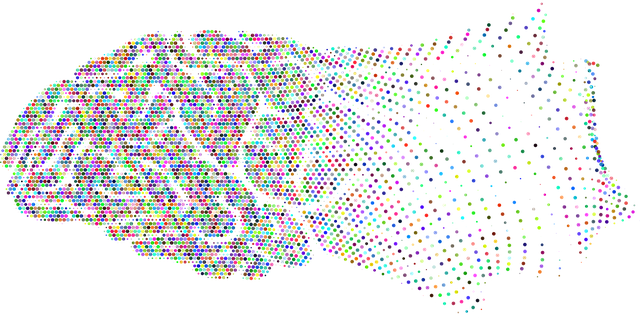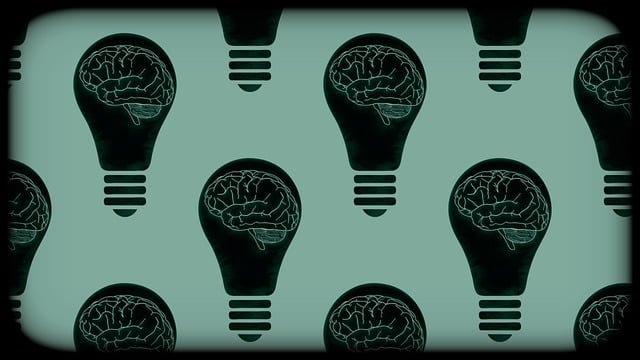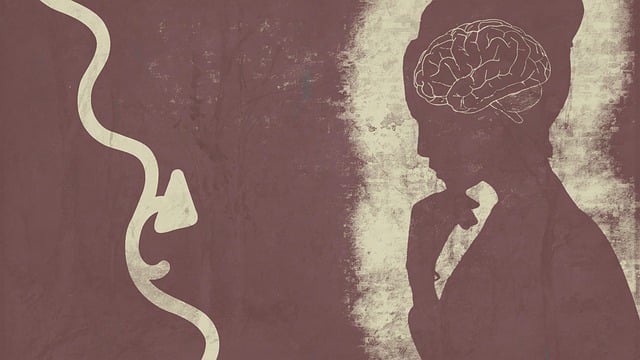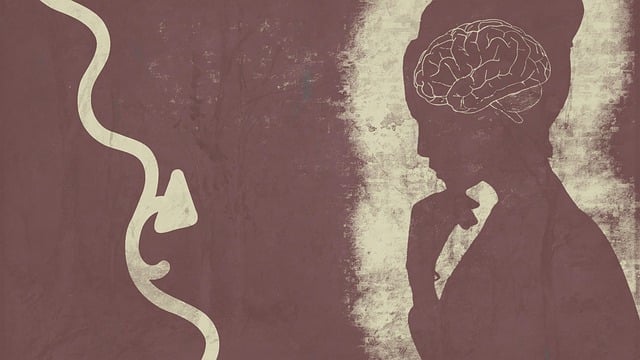Wheat Ridge Bipolar Disorder Therapy employs a holistic, evidence-based approach using the RFM framework (Recovery, Flexibility, Mastery) to build resilience in individuals managing bipolar disorder. Tailored stress management techniques, cognitive-behavioral strategies, and mindfulness practices, combined with therapy discussions and podcasts, empower clients to regulate emotions and navigate life's challenges effectively. Cultural sensitivity ensures inclusive activities that foster belonging and participation. Through RFM exercises, patients gain proactive coping strategies, improved self-esteem, and reduced stigma, leading to better mental wellness outcomes. Testimonials highlight the transformative impact of this tailored therapy approach.
“Resilience is a powerful tool for managing mental health, especially in the face of bipolar disorder. This article explores the RFM (Resilience, Flexibility, Mastery) model and its application through Wheat Ridge Bipolar Disorder Therapy. We’ll guide you through understanding this framework, designing effective exercises, and implementing RFM in clinical practice. Discover real-life success stories and gain valuable insights into building resilience. By harnessing the power of RFM, individuals can navigate life’s challenges with greater ease.”
- Understanding RFM: A Framework for Resilience
- The Role of Wheat Ridge Bipolar Disorder Therapy
- Designing Effective Resilience-Building Exercises
- Implementing RFM in Clinical Practice
- Real-Life Success Stories and Takeaways
Understanding RFM: A Framework for Resilience

Resilience is a powerful tool for navigating life’s challenges, especially for individuals managing conditions like bipolar disorder. The RFM (Recovery, Flexibility, and Mastery) framework offers a structured approach to building resilience. This model encourages individuals to focus on three key aspects: recovery from setbacks, cultivating flexibility in response to change, and taking control through mastery of one’s life.
In the context of Wheat Ridge Bipolar Disorder Therapy, RFM provides a practical guide for clients to enhance their emotional regulation skills. By participating in targeted exercises and workshops focused on stress management, individuals can learn effective coping mechanisms. The Stress Management Workshops Organization often incorporates techniques from various therapies, including cognitive-behavioral strategies and mindfulness practices, into their programs. These initiatives support not just the management of symptoms but also overall mental wellness. Additionally, the Emotional Regulation aspect of RFM is enhanced through regular discussions in therapy sessions and the production of a Mental Wellness Podcast Series, offering practical insights for maintaining emotional balance between appointments.
The Role of Wheat Ridge Bipolar Disorder Therapy

Wheat Ridge Bipolar Disorder Therapy offers a specialized approach to managing and overcoming bipolar disorder, a mental health condition characterized by extreme mood swings. This therapy is designed to help individuals navigate the complexities of bipolar disorder and develop effective coping strategies for long-term stability. The program incorporates various evidence-based techniques, focusing on individual needs to enhance mood management skills.
The Mental Health Education Programs Design implemented by Wheat Ridge emphasizes self-awareness and understanding of one’s unique triggers and patterns. Through Risk Management Planning, clients learn to anticipate and mitigate potential crises, fostering a sense of control. This holistic approach not only addresses the symptoms but also empowers individuals with the knowledge and tools for better mental health management in their daily lives.
Designing Effective Resilience-Building Exercises

Designing effective resilience-building exercises is a multifaceted process that requires careful consideration of various aspects to cater to diverse populations, including those with bipolar disorder in Wheat Ridge. The first step involves understanding the unique needs and challenges faced by individuals dealing with mental health conditions such as bipolar disorder. Incorporating techniques that promote emotional well-being and stress management tailored to their specific experiences can significantly enhance these exercises’ impact.
Cultural sensitivity in mental healthcare practice plays a crucial role here. Creating inclusive activities that respect and incorporate cultural nuances ensures that resilience-building strategies resonate with participants from various backgrounds. For instance, mindfulness practices may be adapted to include culturally relevant elements, making them more accessible and appealing. By integrating emotional well-being promotion techniques sensitively, these exercises can foster a sense of belonging and encourage active participation, ultimately contributing to better outcomes in mental health therapy, such as those offered at Wheat Ridge Bipolar Disorder Therapy centers.
Implementing RFM in Clinical Practice

Implementing RFM (Resilience, Flexibility, and Mastery) in clinical practice offers a powerful approach to addressing mental health concerns, particularly in managing bipolar disorder. Wheat Ridge Bipolar Disorder Therapy integrates these principles to empower individuals facing this challenging condition. The focus on building resilience equips patients with coping strategies to navigate life’s ups and downs, reducing the impact of stress and preventing burnout, which are significant factors contributing to the cycle of illness.
Through RFM exercises, therapists facilitate a shift from reacting to stressors to proactively managing them. This process involves cultivating flexibility in thinking and behavior, enabling individuals to adapt to changing circumstances. Moreover, fostering a sense of mastery over one’s life and emotions boosts self-esteem and confidence. By integrating these techniques, Wheat Ridge Bipolar Disorder Therapy aims to not only alleviate symptoms but also enhance overall well-being, contributing to effective mental illness stigma reduction efforts and improved stress management strategies.
Real-Life Success Stories and Takeaways

Real-life success stories from Wheat Ridge Bipolar Disorder Therapy serve as powerful reminders of the transformative potential of resilience-building exercises. Many clients have shared their journeys, highlighting how techniques learned in therapy have equipped them to navigate life’s challenges with greater ease and emotional stability. These stories often revolve around effective mood management strategies, demonstrating that with the right support, individuals can learn to regulate their emotions and maintain a sense of balance despite external stressors.
Through Trauma Support Services, patients have found safe spaces to process past traumas, which is crucial for breaking intergenerational cycles of mental illness. The act of sharing experiences and connecting with peers who understand has significantly contributed to stigma reduction efforts in the community. These success stories not only inspire but also educate, shedding light on the importance of integrating resilience-building into mental health care routines.
The integration of RFM, as facilitated by Wheat Ridge Bipolar Disorder Therapy, offers a comprehensive approach to building resilience. By understanding individual vulnerabilities and strengths through this framework, therapists can design tailored exercises that empower individuals to navigate life’s challenges more effectively. Real-life success stories highlight the transformative potential of RFM, demonstrating its ability to enhance coping mechanisms and overall well-being. This evidence-based method provides a practical tool for mental health professionals seeking to support clients in cultivating resilience and fostering a more balanced and fulfilling life.













